Suppose you have been doing your research into laser tattoo removal procedures, such as the picosure laser in Singapore. In that case, you are likely to have seen advice against undergoing the procedure while pregnant. In the United Kingdom (UK), this advisory is even on the official National Health Service (NHS) website. But have you ever wondered why this is so?
Many aesthetic clinics do not offer a detailed explanation of why laser tattoo removal should not be done while pregnant. For many practitioners, it is simply a safety precaution to avoid the risks associated with performing any procedure on pregnant women.
In actual fact, the effects of laser tattoo removal on pregnant women are not fully understood because researchers usually avoid carrying out experimental studies on people who are pregnant. However, it is still possible to be aware of some potential dangers by linking up what we know about women’s bodies during pregnancy.
There is an increased risk of infections during pregnancy
It has been found that pregnant women are more susceptible to a variety of infections, including listeriosis1. Some of these infections are more severe in pregnant women, resulting in a higher incidence of complications. Certain infections can also be passed on to the baby or be passed on through the mother’s breast milk, posing a danger to the infant’s health.
Seeing that one potential risk of laser treatments is that of getting infected, it is best to avoid unnecessary and non-urgent laser treatments during pregnancy. Damage to the skin layer can result in open wounds (especially if one picks at the scabs before they are ready to fall off) that can risk getting infected.
Infections during pregnancy are more difficult to treat
Once infected, pregnant women are also more difficult to treat as some drugs are not safe for use during pregnancy. For example, some common antibiotics, when taken during pregnancy, have been linked to birth defects2. Not all side effects of drugs are fully understood, which means due caution must be exercised when treating pregnant women for infections.
That is why most medical professionals advise against subjecting one to potential sources of infection during pregnancy in the first place, to avoid the trouble of having to treat the issue and incurring even more risks to the mother and unborn baby.
The skin is more sensitive during pregnancy
Laser tattoo removal is a procedure that has been likened to being as painful and damaging to the skin as when getting a new tattoo. The lower layers of the skin will be subjected to some damage in order to break down the ink particles, and most people will experience some level of swelling, redness, and scabbing.
The discomfort that comes with skin laser treatments may be amplified in pregnant women, as it has been understood that pregnant women tend to have more sensitive skin, which typically feels more tender, red, or even swollen3. Due to hormonal changes, about 90 per cent of pregnant women experience at least one change to their skin’s condition, including increased sensitivity, hyperpigmentation, eczema, acne, papules, and stretch marks4. As some of these skin conditions may affect the efficacy, safety, and pain level experienced during laser skin treatments, it is generally advisable to wait a few months after pregnancy to start or resume tattoo removal treatments.
There might be more unknown risks
The process of laser tattoo removal breaks down the ink particles and allows the body’s immune system to disperse and remove the particles. However, some ink might remain in the body for a long time, and medical researchers still do not have a clear picture of how tattoo inks affect the body in the long term. Although, there is data to suggest that tattoo inks can migrate to other parts of the body. Particularly, tattoo ink has been found to migrate to the lymph nodes as nano-particles5.
The behaviour of nano-particles (smaller than microparticles) in the body is still not widely understood, and some believe there is a possibility of these particles remaining in the bloodstream and transferring to the fetus during pregnancy.
Conclusion
Although there is no direct evidence of the dangers of laser tattoo removal during pregnancy, existing knowledge tells us that it could be risky to proceed with it. To be safe rather than sorry, most aesthetic doctors would advise against it.
To learn more about whether laser tattoo removal is safe for you, we welcome you to make an appointment at our dermatology clinic to have a chat with our MOH-accredited dermatologist, Dr Angeline Yong. If you are currently pregnant and have concerns about your skin condition, Dr Yong can also assess your skin’s health and recommend suitable skincare steps to revitalise your skin during or post-pregnancy.
References
Kourtis, A. P., Read, J. S., & Jamieson, D. J. (2014). Pregnancy and infection. New England Journal of Medicine, 370(23), 2211–2218. https://doi.org/10.1056/nejmra1213566
Fan H., Gilbert R., O’Callaghan F., Li L. (2020) Associations between macrolide antibiotics prescribing during pregnancy and adverse child outcomes in the UK: Population based cohort study. BMJ, 2020(368) https://doi.org/10.1136/bmj.m331
Duarte, I., Silveira, J. E. P. S., Hafner, M. F. S., Toyota, R., & Pedroso, D. M. M. (2017). Sensitive skin: Review of an ascending concept. Anais brasileiros de dermatologia, 92(4), 521–525. https://doi.org/10.1590/abd1806-4841.201756111
Skin conditions in pregnancy: Stretch marks, itching, and other skin changes. WebMD. (n.d.). Retrieved April 13, 2023, from https://www.webmd.com/baby/skin-conditions-pregnancy
Schreiver, I., Hesse, B., Seim, C., Castillo-Michel, H., Villanova, J., Laux, P., Dreiack, N., Penning, R., Tucoulou, R., Cotte, M., & Luch, A. (2017). Synchrotron-based ν-XRF mapping and μ-ftir microscopy enable to look into the fate and effects of tattoo pigments in human skin. Scientific Reports, 7(11395). https://doi.org/10.1038/s41598-017-11721-z


